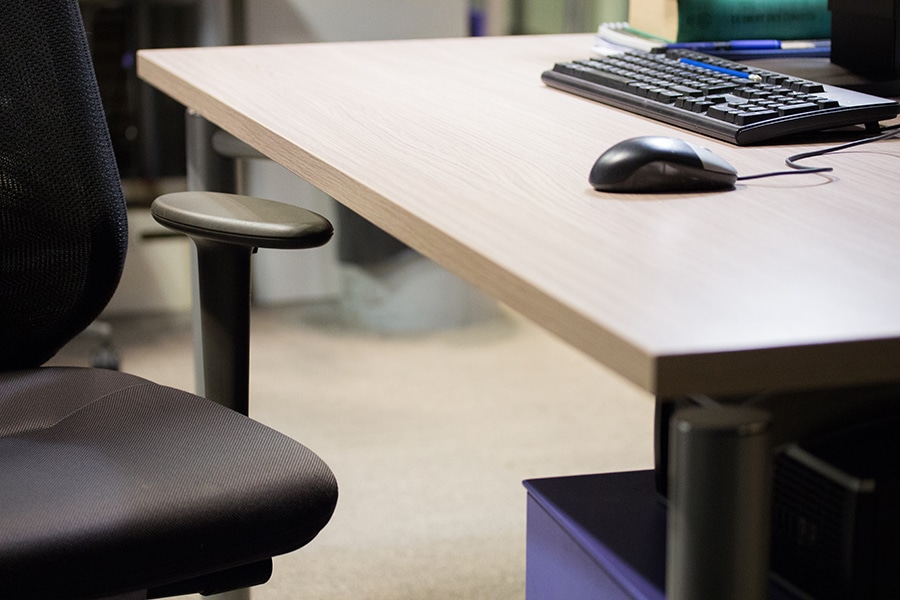
Coronavirus: Walmart, Uber and Others Tweak Sick-Leave Policies
The companies, and other businesses, like Instacart, have also said they would compensate workers who contract the virus or are subject to quarantine orders
 Image: Shutterstock
Image: Shutterstock
Walmart, Uber and other major companies announced new policies this week to grant paid leave or other compensation to workers who contract the new coronavirus or are quarantined by order of the government or their companies.
The changes could help hourly and gig-economy workers in the service industry who do not normally receive paid time off, and who would bear an especially difficult burden of lost wages. But the policies may not go far enough to protect delivery people, store clerks, restaurant workers, taxi drivers and others whose public-facing and often low-paying jobs cannot be done remotely.
Walmart, the largest private employer in the country with 1.5 million workers, said Tuesday that employees who contract the virus or who are subject to mandatory quarantines would receive up to two weeks of pay, and that absences in that time would not “count against attendance.”
Two weeks is generally the length of time that health experts recommend for quarantine or self-isolation. Workers who are infected and need more time to recover may be compensated for up to 26 weeks, the statement said. It added that workers who were not sick or quarantined, but who were uncomfortable reporting for work during the outbreak, would not be penalized.
Ride-hailing companies, whose drivers are generally classified as independent contractors and do not receive paid time off, offered few details about the compensation they promised to drivers affected by the coronavirus.
Uber said that drivers or delivery people who learn they have COVID-19 or who are asked to self-isolate by a public health authority “will receive financial assistance for up to 14 days while their account is on hold.” Lyft said that it would “provide funds” to drivers who are infected or placed under a quarantine.
©2019 New York Times News Service




